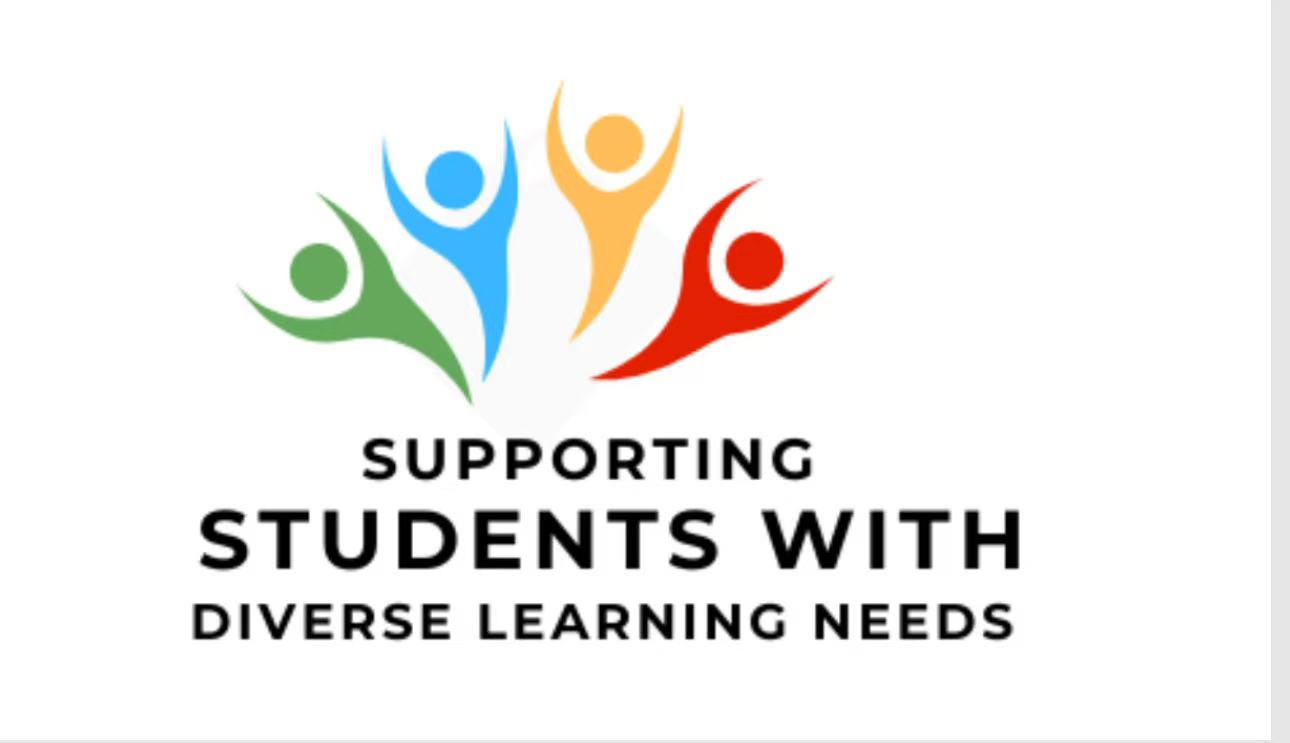Author:
Hazard (2019) explains that ” identity, literacy, and education are socially constructed” (p.8), meaning that learning is influenced by culture, social context, and expeirence. Instead of relying on traditional assessments, teachers can apply multimodal assessment methods, such as videos, teamworks, and other digital tools, to help students demonstrate their learning in different ways.
In today’ classroom, learning should focus on practical skills rather than just memorizing words and formulas. Hazard mentions that assessment should encourage real world applications, for example, group projects, team-building exercise, and hands-on activities. These methods help students build problem-solving and collaborative skills that are important in their future careers.
Additionally, Vagen (2017) emphasized the importance of formative assessment, like reflections and feedbacks, to help students track their progress and improvment. By using these strategies, teachers can help create a more engaging and effective learning progress.
We need to build flexible educational theories to adapt us to a changing and unanticipated word. For example, a lot of schools and families are preparing their children to succeed in an AI world where technology is evolving so fast that it is bacoming as flexible as the human mind. This shift highlights the need of the flexible educational theoties and multomodal assessments to equip students with practical skills. By combining diverse learning strategies and students-centered approach, more and more learners can receive equal support and opportunities. During this learning journey, studying is more than a process to achieve goals, it is about personal growth.
References
Hazard, R. (2019). Supporting 21st century skills in language and literacy classrooms with a multiliteracies approach. European Conference on Language Learning at: University College London
Vågen, M. T. A. (2017). Formative assessment in EFL writing: A case study of pupils perceptions of their feedback practice and attitudes to receiving and using feedback (Master’s thesis, The University of Bergen).

Thank you, Shen, for sharing your thoughtful insights. Your perspective on how identity, literacy, and education are socially constructed resonated with me, particularly the emphasis on multimodal assessments as an alternative to traditional methods. I appreciate how you highlighted the importance of hands-on activities and real-world applications, like group projects, in fostering valuable skills such as problem-solving and collaboration. Your points about the importance of flexibility in educational theories especially in the fast-evolving world of AI are relevant as we navigate the rapid changes in technology and society. Overall, your contribution deepened my understanding of how to create more inclusive and effective learning environments. Great work!
Hi Shen, This article presents a well structured perspective on education. It priotorizes meaningful learning experience that supports academic achievement and personal growth. Encouraging problem solving, collaboration and reflection enhances academic development and encourages students to face real world problems. Education needs to adopt more flexible theories and assessment methods that support developing skills, confidence and life long love of learning.